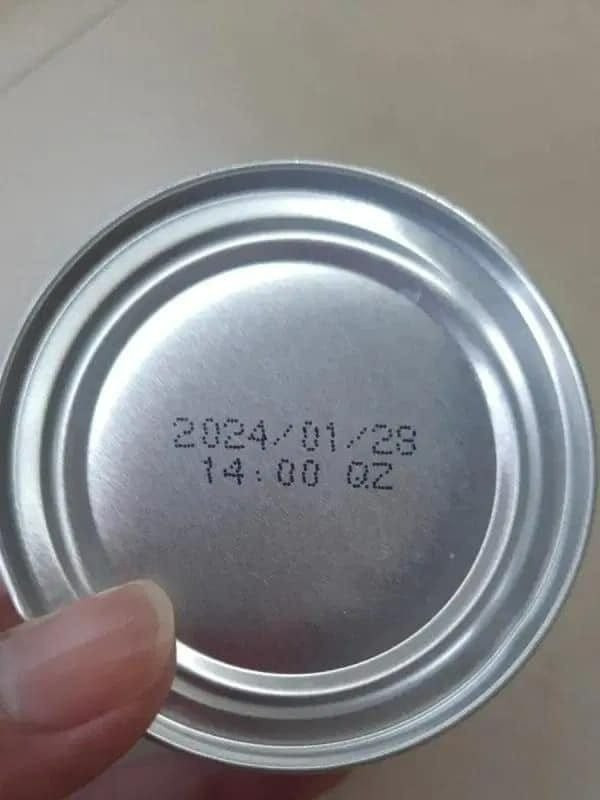Introduction
When you open your fridge and see that carton of yogurt is two days past the “best by” date, do you toss it without question? If so, you’re not alone. Many people rely on food expiration dates to determine freshness, but those printed labels often cause more confusion than clarity. The truth is, most of these dates are not about food safety—they’re about quality and inventory management. Understanding what these dates really mean can help reduce food waste, save money, and keep your meals safe and delicious.
Ingredients
Since this isn’t a traditional recipe, here are the “ingredients” for making smart food safety decisions using expiration dates:
-
Common sense (your senses: sight, smell, taste)
-
Knowledge of labeling terms (“Best by,” “Sell by,” “Use by”)
-
Basic understanding of food storage guidelines
-
Reliable storage containers or food-safe wraps
-
A clean and organized refrigerator or pantry
Preparation
-
Know the Terms:
-
“Best By”: Indicates peak quality—not safety. Foods are still safe to eat after this date.
-
“Sell By”: Tells retailers how long to display the product. Often conservative.
-
“Use By”: Sometimes used for safety (especially for perishable items like baby formula), but often just suggests optimal freshness.
-
-
Examine Before You Toss:
Use your eyes, nose, and even taste (when safe) to assess food. Mold, sour smells, discoloration, or strange textures are better indicators than a printed date. -
Store Smart:
Keep perishable items at proper temperatures. Most fridges should be set below 40°F (4°C). Use airtight containers, label leftovers with dates, and rotate older items to the front.
Serving and Storage Tips
-
Bread: Store in a cool, dry place. Freeze if you won’t eat it within a few days past the “best by” date.
-
Milk: May last up to a week past the date if kept cold. Smell and taste test before using.
-
Eggs: Often safe for 3–5 weeks past the sell-by date. A float test (bad eggs float in water) can help.
-
Canned goods: Can last years if not bulging, rusted, or leaking.
-
Cooked leftovers: Safe for about 3–4 days in the fridge. Freeze for longer storage.
Variations
ADVERTISEMENT

